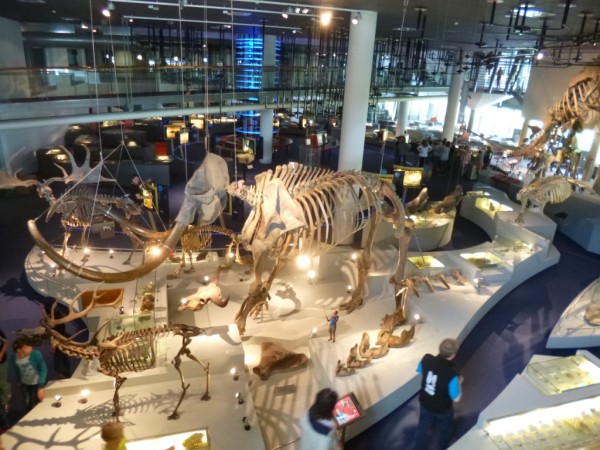It’s that time of year where, in Australia at least, everything steps down a gear or two (or even three). Given that here the Christmas holidays coincide with the long school break, the usual Christmas / New Year wind-down segues into languid summer days, meaning that office life doesn’t seem to get back to usual pace until after Australia Day (January 26th). Indeed, many places (especially factories) shut down completely for at least two weeks at this time of year.
Anyway, this means that a fair proportion of Australians are on holidays right now. And we’re all having a great time, right??
But sometimes our holidays are not what they’re cracked up to be. Via Twitter I came across London’s most miserable visitors, ostensibly a humourous poke at some ill-informed TripAdvisor reviews of London attractions. Quotes include: “Just a collection of pictures!” (National Portrait Gallery) and “The museum’s collection seems to have little to do with Victoria and Albert” (the V&A).
On one level, it’s easy to file these comments under “Well what did you expect?” and mutter something about (with apologies to my US readers) “dumb Americans”. But I want to take this to another level – assuming they are international tourists, why did these people spend the time and money travelling to London in the first place? What were they hoping to find, and where did these expectations come from?
Are these places idealised in the popular imagination to the extent that the reality cannot meet expectations (a variation of Paris syndrome)? Or has a theme park culture created expectations of visitor facilities and comfort that real-life heritage places cannot fulfil? Is there in fact a kernel of truth to some of these comments?
Perhaps it’s a bit of each. I’m also inclined to wonder whether some people travel to London (or Paris, or wherever) not because they want to, but because it’s what you’re supposed to do if you can afford it. It’s how you demonstrate that you’re cultured, worldly, sophisticated. It’s tourism as a Goffman-esque* performative act. And if you’re someone who would actually prefer the familiar comforts of home, it’s not surprising if you have a crappy time.
I’m sure this is something that’s been looked at in far more detail in the tourism literature, but this is a holiday blog post so I’m not going to go there this time. I’m more throwing it out there as some pre-Christmas food for thought. How much of your holiday will be what you really want to do, and how much will be performance of social expectations? Is there even a clear line between the two?
Merry Christmas and Happy 2015 everyone!
*Goffman, 1959. The Presentation of Self in Everyday Life. Although a product of its era in places, it’s still a read I’d recommend.
